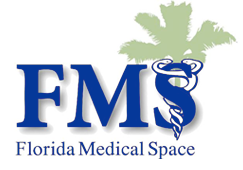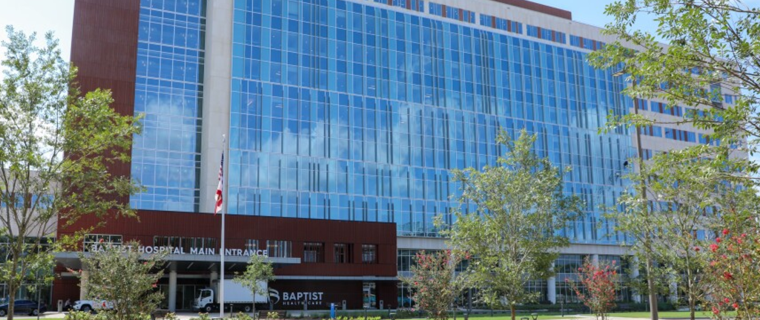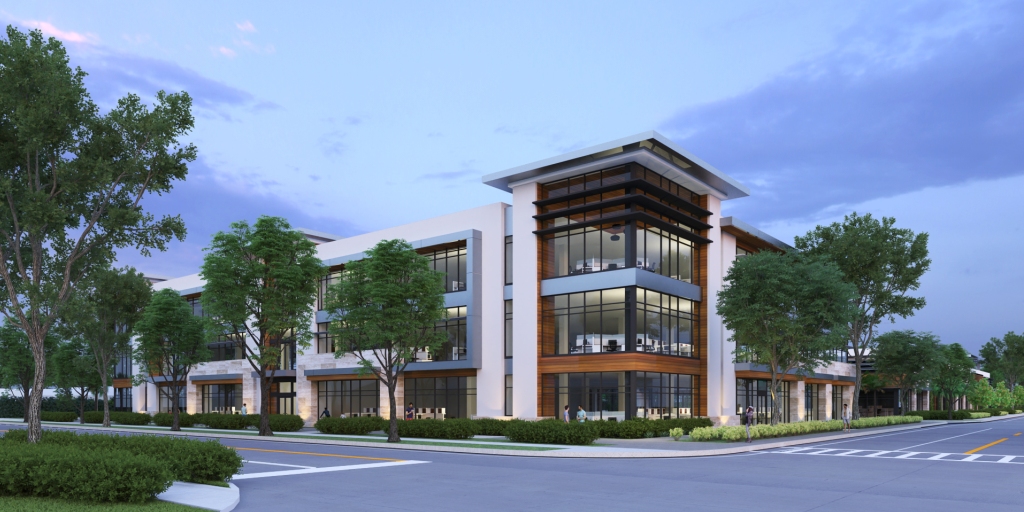After years of construction and planning, Baptist Health Care will open its new campus in Pensacola this weekend.
The new hospital and healthcare center has been in the works for years. The formal announcement of the project to the public came on June 26, 2019, from Baptist Health Care President and CEO Mark Faulkner who announced the news in a press conference touting a “brand new, state of the art hospital and health care campus for generations to come.”
The target date given for the opening of the new hospital was the summer of 2023. Last weekend, they madethat deadline with minutes to spare.
Once the new emergency department is established, inpatients from the E Street location will start to be moved to the new hospital.
Baptist will have 16 ambulances split into two convoys dedicated to the move, and the Escambia County Sherriff’s Department will escort them along the planned move routes. The plans are for the move to be complete by early Saturday evening.
Patients will be seeing a modern, state-of-the-art, 600,000-square-foot facility. That compares to 400,000 square feet at the E Street campus.
“Everything about this is bigger,” said John Porter, vice president of construction services at Baptist Health Care. “Some of that is driven by code. Every time construction codes update they add more square footage. They require corridors to be wider, O.R.s to be larger, the list goes on. But a lot of the space increase was deliberate design on our part to be sure that we have the circulation space so that our clinical staff and family and patient can have the space they need to provide the care that they need.”
Source: WUWF





